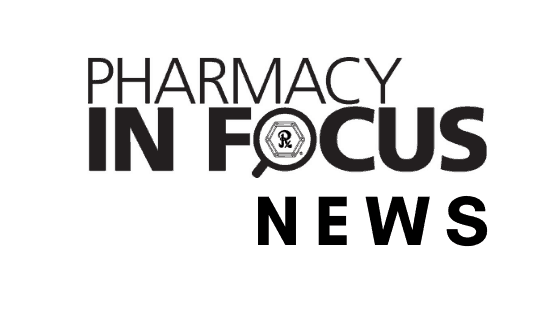Northern Ireland’s Health Minister, Robin Swann, has revealed that more than 600 adults are waiting for over a year for autism diagnosis.
Mr Swann was answering an Assembly Written Question from South Down SDLP MLA, Colin McGrath, who also revealed that, in total, more than 1000 people were currently waiting for assessment.
The Minister also said that a planned review of adult autism services planned to begin in April of this year had been delayed as a result of the COVID-19 crisis, but that he would be asking the Executive to bring forward an interim review early in 2021.
Meta Auden, founder of Spectra Sensory Clothing, believes that the statistics are totally unacceptable and cause great distress for many.
‘In the case of adults,’ she told Northern Notes, ‘they seem to be forgotten, and it has to be remembered that children with autism grow up to become adults with autism.’
Mr Swann was also asked for his plans to reduce the waiting times.
‘People with Autistic Spectrum Disorder have access to a range of core health and social care services,’ he explained in his answer. ‘Support may be provided via GP and primary care in the first instance or referral onto services such as psychology or psychiatry, depending on assessed need.
‘Access to other community services relating to mental health or learning disability support are also available where appropriate, as are services provided through the community/voluntary sector.’
Meta Auden says that lengthy waiting times for diagnosis affect all ages.
‘One of the frequently asked questions on forums is ‘is there anywhere else, where I can get my child diagnosed’?’ she says. ‘Until diagnosis they cannot access many HSC services. This means that the children are struggling at school, as no help without diagnosis. This has meant that many are having to pay.
‘One customer has private health care but it does not cover the autism spectrum, so she is going for a diagnosis to a private clinic where the cost is nearly £400.
‘There are not many who can afford this and considering that 85 per cent of young adults with autism are unlikely to be in work compared to the rest of the young adult population the private route is not feasible.’



